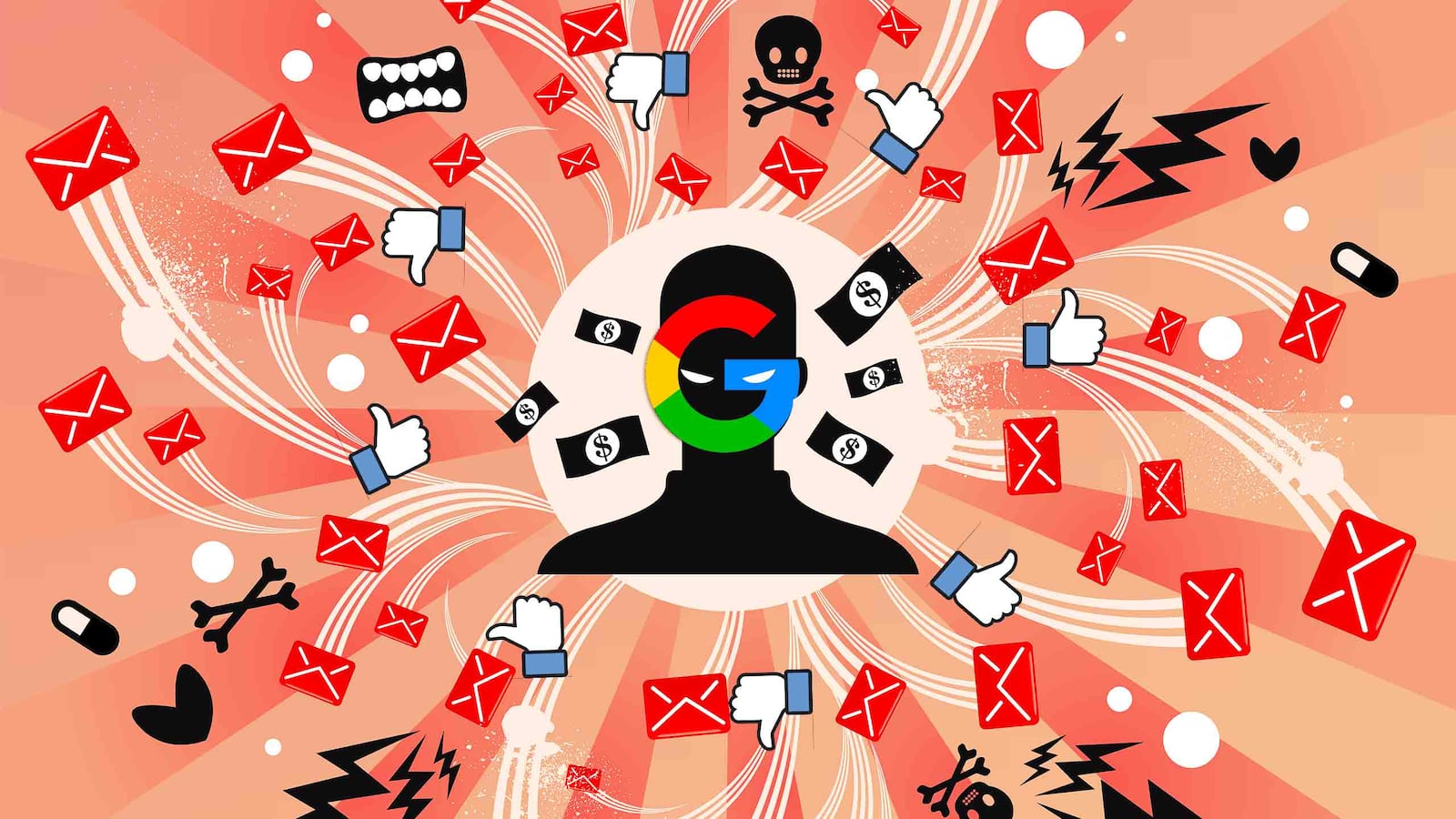Three and half years. $50 billion. These numbers represent the ticks of the clock and the growth in Facebook’s revenue since we first called out the “social network” for its harmful data practices in the pages of The Wall Street Journal. In the (eventful) years since, we’ve seen an evolution: Influential voices that initially challenged our premise have joined the collective outcry against the “duopoly”—Google and Facebook. The two companies are finally losing some of their grip over academia, think tanks, and Washington.
However, while industry insiders and major media companies have started to see through the shiny “we’re-a-free-service” veneer of these tech giants, consumer awareness and regulatory threats are just beginning to catch up.
Sentiment is certainly shifting. In an inspiring move shortly before the holiday break, Germany’s Federal Cartel Office published preliminary findings that Facebook has abused its dominance to collect internet users’ browsing history and personal data. It’s hard for a move like this to break into the current, insane U.S. press cycle. But make no mistake: This is significant. I would expect that few developments received more attention at the company’s Menlo Park headquarters last quarter including their lawyers’ summoning to our nation’s capital.
On one hand, Germany’s top antitrust enforcer’s move is a harbinger of the General Data Protection Regulation (GDPR), which the EU will begin to enforce on May 25, 2018. This new regulation, coupled with an expansive and updated set of privacy laws, will force Facebook and Google to obtain specific, unambiguous (and likely unachievable) consent for some of the ubiquitous data collection practices that they are uniquely able to impose on the public.
This means that Google and Facebook will no longer be able to default to requiring consumers to allow nearly web-wide monitoring and selling of their personal activities as a condition of using Gmail or their social network. In fact, Google already stopped doing this in Gmail last summer as it was likely the most prominent, yet indefensible, practice it would need to defend in the court of public opinion.
The rise of Facebook and Google has literally flipped competition law on its head. In the U.S. over the past 40 years, the first (and most-often last) judgement of fair competition has been consumer welfare, the measure of which was mostly pinned to whether a company’s dominance can drive up consumer prices. Times have changed, and the high cost to consumers can’t just be measured in dollars. Now, consumer costs are also measured in harm to competitive offerings and innovation.
Importantly, it’s also the first time we’ve seen a major regulator truly connect the dots between competition and data policy. The Google “suite”—as well as Facebook’s App, Messenger, WhatsApp, Instagram, and a plethora of other “social” products—share some common traits that should shake up competition regulation:
- All of these products are free to consumers. If competition is judged simply based on consumer pricing trends, Google and Facebook can dismiss the conversation before it even begins. I can now keep up with my relatives in Asia for free thanks to Facebook while Google has given me one-click access to virtually everything on the internet. What’s not to love?
- All of these products collect real-time data. Google tracks your web usage on nearly 80 percent of the top 1 million websites according to Princeton research. As we posited in our original WSJ column, Facebook’s ubiquitous Like buttons spread across the web pass your browsing history back to Facebook—even when they’re not clicked. This occurs completely outside of consumer knowledge, let alone what they would expect. The publisher and consumer expectations for these Like buttons were simply to allow users to signal stories they “liked.” This shady practice identified by DCN in 2014 is the source of the recent German findings.
- Google and Facebook use this data collection to help micro-target advertising to users across the web. Advertising is 98 percent and 87 percent of Facebook and Google’s respective revenues. Both companies have significant troves of organic data from the use of their sites and products to target this advertising. But they are also able to grow with the entire internet by leveraging web-wide data in real time. In the digital world, big data requires scale, and it loses value quickly as it becomes stale. It’s the web-wide data collection that is the most troubling and outside consumer expectations; and also provides their unique power and influence over the content, traffic, and monetization of the internet.
Underneath their moon shots and free services, the duopoloy’s core revenue stream is quite simply the targeted junk mail business of the ’90s reinvented and turbocharged for the 21st century. Google and Facebook clearly state in their SEC filings that their businesses are primarily funded by cost-effective, highly targeted advertising, and changes to data ownership policies are a significant risk to this business.
So, we find ourselves at a place in which one of the most suspect advertising models ever devised underpins the vast wealth and unnerving data collection and manipulation of some of the most powerful companies on earth. The dubious ethics that drive these businesses have wide-ranging impact on the tech community—venture capitalists and startups all racing to build a comparable scale of automated consumer surveillance.
Perhaps more importantly, the rise of the duopoly presents profound challenges for our society as democracies struggle to defend against nation-state attacks made possible by platforms overly reliant on algorithms, as citizens increasingly seclude themselves in news bubbles, as quality journalism becomes harder to fund and as individuals lose private spaces to ask questions, converse, and interact. Regardless of political stripe, we all need to be asking hard questions about what kind of society we want to leave for the next generation.






